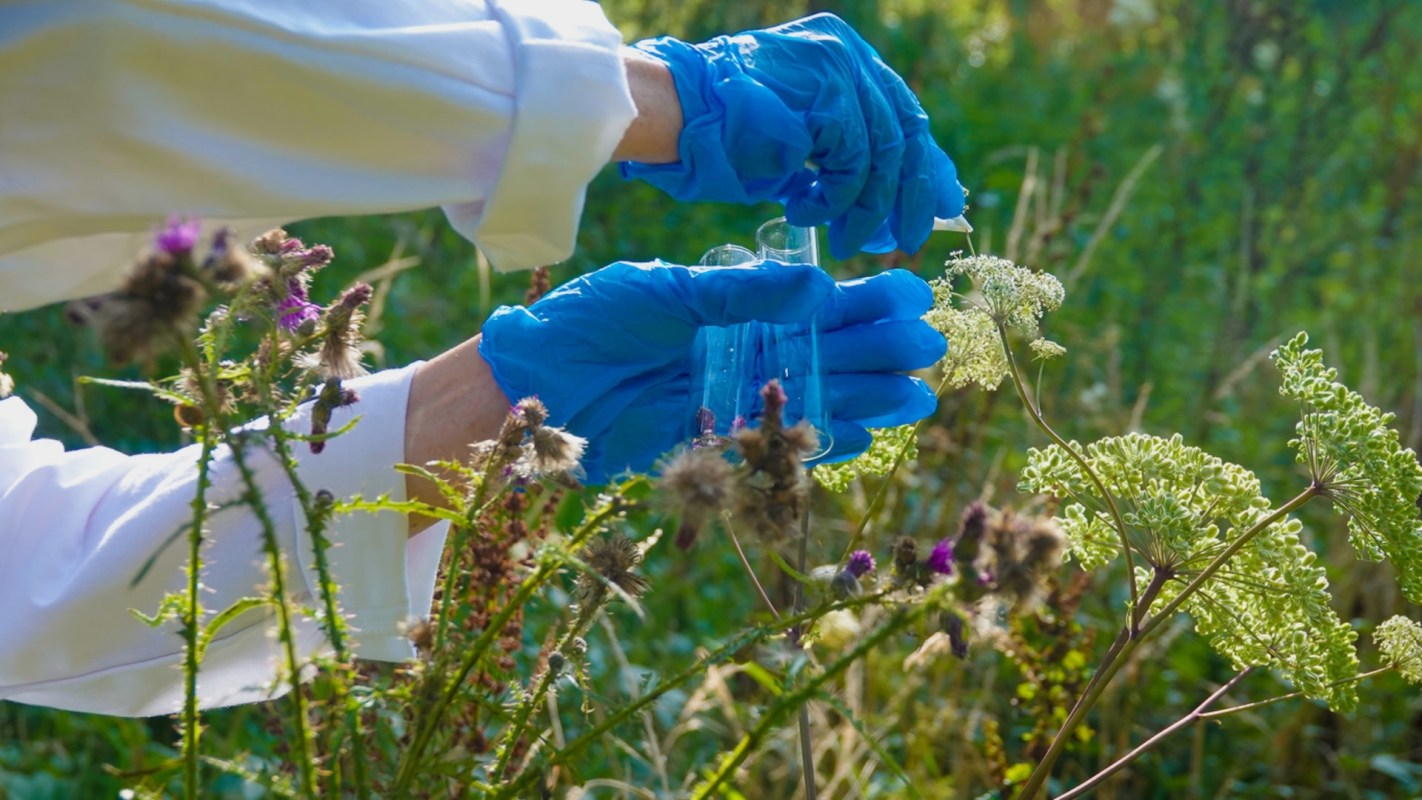Great news for bees, butterflies, and Colorado's beautiful environment: Governor Jared Polis recently shared the results of the most detailed study on pollinators ever conducted in the state's history.
The groundbreaking research, a collaboration between the Department of Natural Resources, Colorado State University, the Xerces Society, and the University of Colorado, paints a clearer picture of how Coloradans can pitch in to preserve the insects and animals that color the Centennial State.
When you think of pollinators, honeybees probably come to mind first. But wasps, birds, moths, flies, beetles, and even bats play an equally important role in maintaining ecosystems. From the wildflower meadows of Crested Butte to the juicy Palisade peaches we all love, pollinators are the unsung heroes behind Colorado's signature sights, flavors, and industries.
As temperatures rise worldwide, Gov. Polis understands how important it is to safeguard these tiny but mighty allies. The new study outlines a proactive five-point plan to protect pollinators and preserve their precious habitats through habitat restoration, more sustainable pesticide use, ongoing pollinator health monitoring, and more.
By acting on these research-backed recommendations, Colorado has the opportunity to lead the nation in pollinator conservation. Even small changes, like expanding pollinator-friendly landscapes, can create room for these important insects and the crops that depend on them to thrive.
Gov. Polis is putting his money where his mouth is by earmarking $100,000 in this year's budget to encourage eco-friendly alternatives to harsh pesticides. That's a win-win for Colorado farmers, home gardeners, and pollinators alike. When we choose gentler products that don't harm bees and butterflies, we enable them to thrive while still keeping our gardens lush.
"Pollinators play a critical role in Colorado life," said Gov. Polis in a press conference. "As our climate changes, we must safeguard the pollinators that generate and regenerate the colorful Colorado we love."
Dan Gibbs, executive director of the Colorado Department of Natural Resources, had similar sentiments: "Colorado is fortunate to have a tremendous diversity of plants and animals, but pollinating insects are perhaps the least studied but most beneficial for our ecosystems, economy, and quality of life."
"I look forward to working with Colorado legislators and stakeholders in pursuing the best policies to ensure pollinating insect protection and long-term health."
With vision, cooperation, and a shared commitment to protecting our pollinator pals, we can all help preserve the nature that makes life more vibrant. The time to act is now — our tiniest neighbors are counting on us.
Join our free newsletter for weekly updates on the coolest innovations improving our lives and saving our planet.









